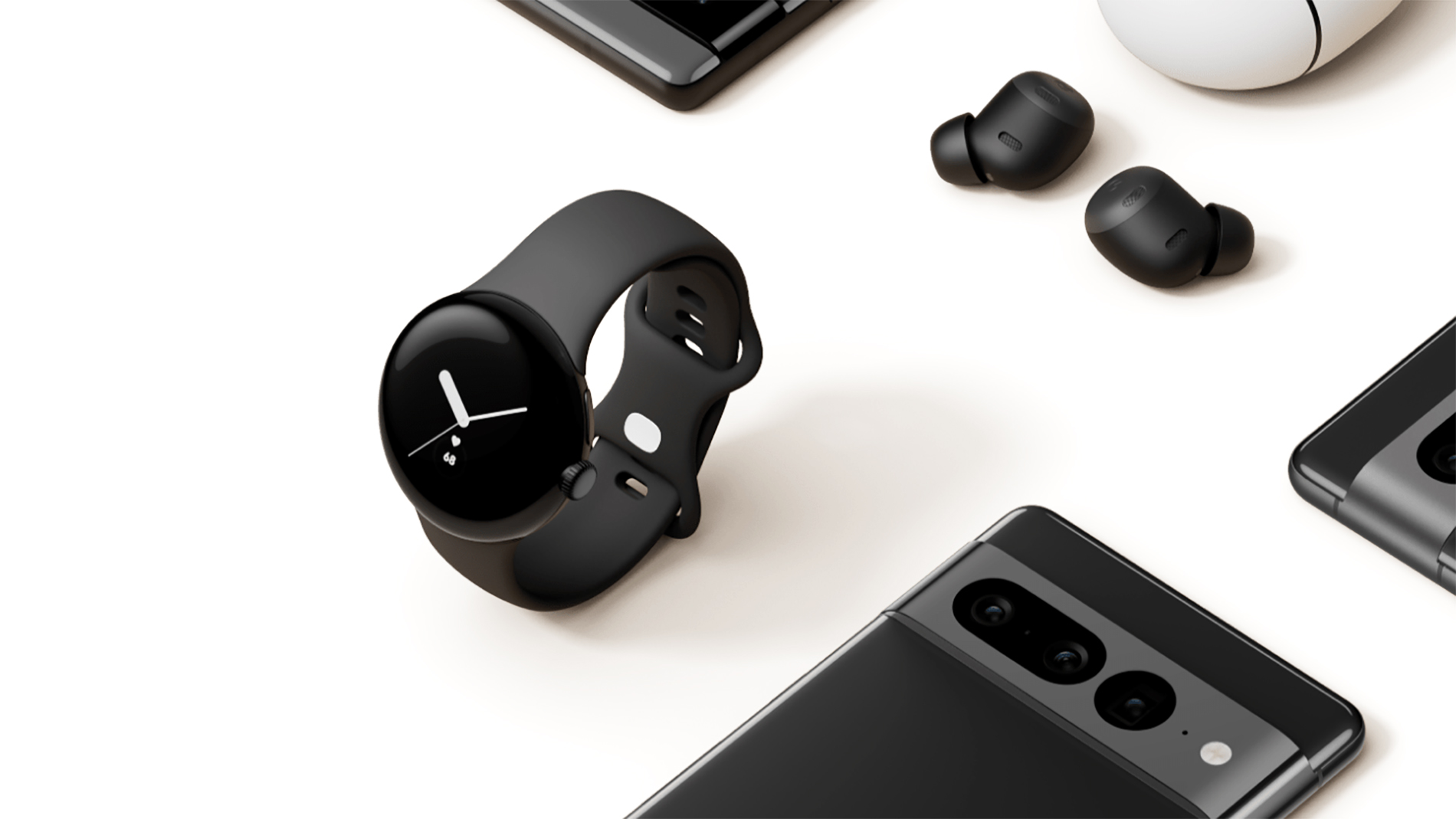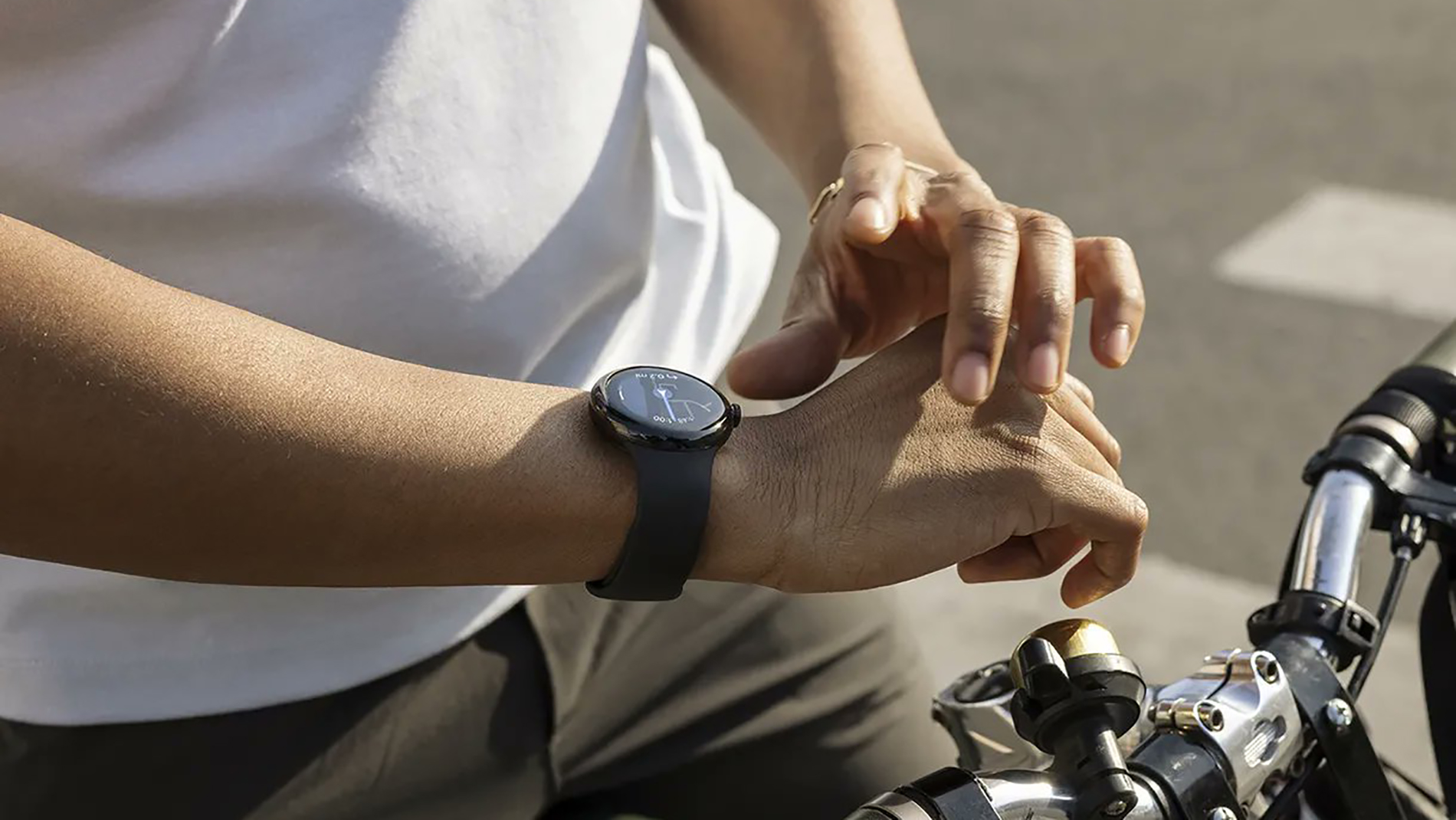Fitbit will be the Pixel Watch’s killer app, says Google boss
Sundar Pichai is confident that the £1.7bn purchase of Fitbit will pay off


Get all the latest news, reviews, deals and buying guides on gorgeous tech, home and active products from the T3 experts
You are now subscribed
Your newsletter sign-up was successful
After years of rumours and false starts – and not to mention, eight years since Google first rolled out its smartwatch operating system – the Pixel Watch is finally on its way.
Confirmed at Google’s annual I/O developer event in May, the Pixel Watch will land later in 2022 and will be joined by a new Pixel Tablet too, plus the usual annual upgrades to the company’s Pixel smartphone lineup.
We have written about the Pixel Watch for years now, eagerly anticipating how Google will position its first wearable against the mighty Apple Watch. We’re also keen to find out if Google can make a bigger impact in the smartwatch market than the Pixel brand has managed in the smartphone sector – where, despite its best efforts and class-leading camera tech, the company has failed to capture market share from Samsung and other users of its Android software.
Key to making this a reality, Google chief executive Sundar Pichai says, is Fitbit, the fitness tracker company it purchased in 2021 for $2.1bn (£1.7bn). Speaking to GQ, Pichai said: “Fitbit will be a killer app service and is one of the biggest use cases for watches. So bringing Fitbit as a service to all WearOS and Pixel Watch, that’s been important.”
The message seems clear. Despite the sleek look of Google’s first teaser image, the Pixel Watch will seemingly put exercise and fitness front-and-centre. This makes a great deal of sense, given how abruptly (and successfully) Apple pivoted its Watch away from the luxury market – remember those $20,000 gold versions of the original? – and turned its wearable into a literal life-saver, complete with ECG hardware, fall detection and emergency calling.

The wearable industry has waited with bated breath to see what Google’s plans are for Fitbit, and with the launch of the first Pixel Watch later in 2022 we should begin to find out. As is the Google way, customers should expect to see a great deal of AI-powered features handed out freely, albeit in return for a significant chunk of personal data.
But go all-in, and we have no doubt that Google will deliver a stellar fitness- and exercise-tracking system that will, we hope, marry Fitbit foundations with the kind of market-leading artificial intelligence that brought revolutionary computational photography features to the Pixel smartphones.
Get all the latest news, reviews, deals and buying guides on gorgeous tech, home and active products from the T3 experts
And you can expect the Pixel Watch to cause waves that spread across Google’s Pixel hardware family, but also to products that use its many services. Pichai added: “When we go into a new category and give an opinionated view, it really helps the ecosystem improve as well…[the Nexus 7] created a whole new category of tablets around that price point. What we’re doing with the Pixel Watch and later the Pixel Tablet will really help overall the Android ecosystem in those categories as well.”
Is Google finally building itself a cohesive ecosystem of tightly-entwined hardware, software and services to rival Apple? It’s been a slow start, but we wouldn’t bet against it.
Alistair is a freelance automotive and technology journalist. He has bylines on esteemed sites such as the BBC, Forbes, TechRadar, and of best of all, T3, where he covers topics ranging from classic cars and men's lifestyle, to smart home technology, phones, electric cars, autonomy, Swiss watches, and much more besides. He is an experienced journalist, writing news, features, interviews and product reviews. If that didn't make him busy enough, he is also the co-host of the AutoChat podcast.
